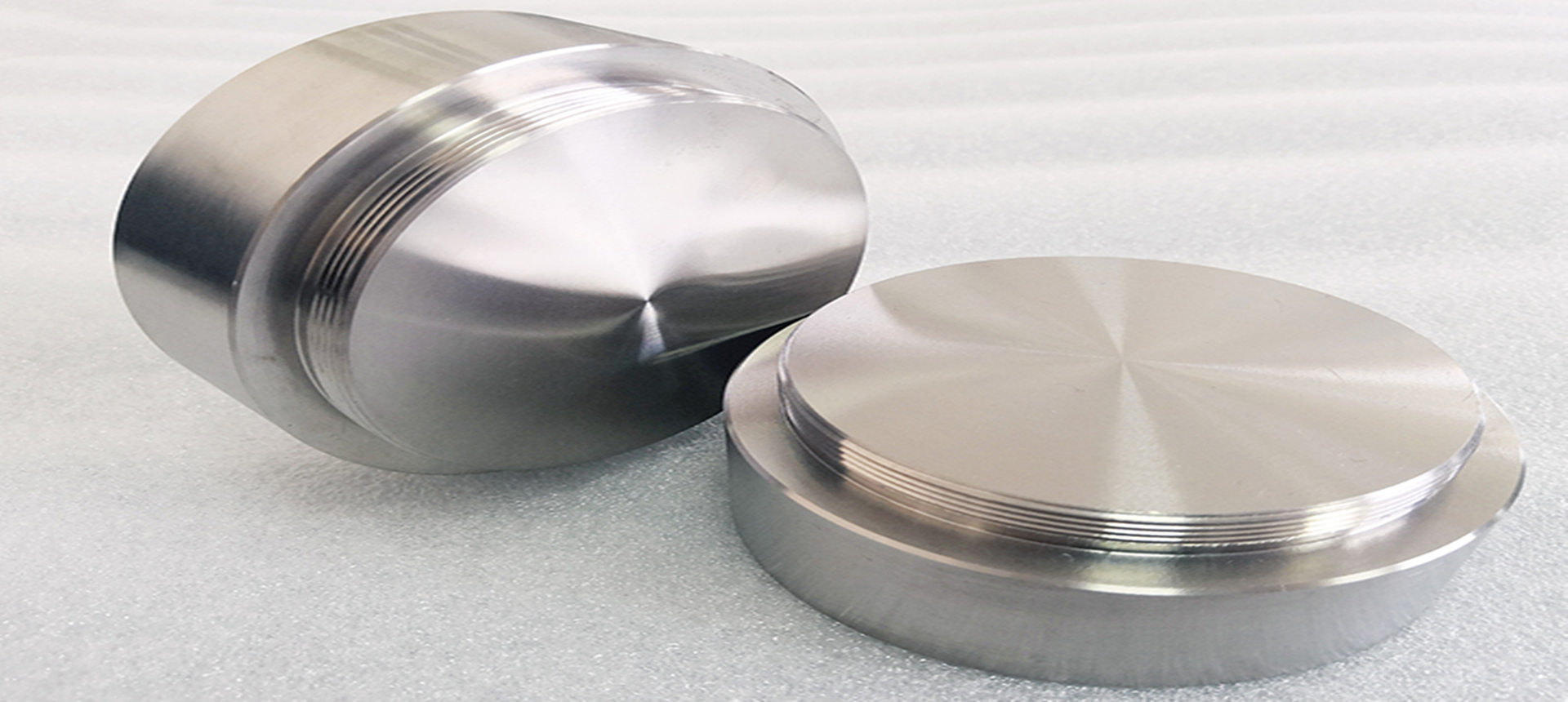SEARCH
Special metal materials have emerged as a novel category within the realm of metallic materials, finding widespread applications across various industries. The unique properties of these materials, particularly their exceptional corrosion resistance, have positioned them as crucial components in the production equipment of industries such as petroleum and chemicals. As societal demands evolve, the imperative for technological advancements in production equipment, especially in the chemical industry, necessitates higher standards in corrosion resistance.

Special metal materials, encompass a diverse range of alloys and compositions designed to exhibit exceptional properties under challenging conditions. These materials including nickel products, niobium products, tantalum productscustom titanium products and zirconium for sale have proven indispensable in industries where corrosion poses a significant threat to the longevity and efficiency of equipment. Let's delve into a comprehensive analysis of the corrosion resistance and applications of commonly used special metal materials.
In the realm of materials engineering, special metal stands out as a stalwart in the face of corrosion challenges. Its unique composition, often incorporating elements like nickel, chromium, and molybdenum, grants it unparalleled resistance to corrosive environments. This attribute is particularly crucial in industries such as petroleum and chemical, where exposure to harsh chemicals and extreme conditions is commonplace.
The corrosion resistance of special metal materials is a result of their ability to form a protective oxide layer on the surface when exposed to corrosive agents. This oxide layer acts as a barrier, preventing further interaction between the metal and the corrosive elements. This inherent resistance significantly prolongs the lifespan of equipment made from special metal materials, making them a preferred choice for critical applications.
Special metal from ALST, one of the leading specialty metal suppliers, plays a pivotal role in the construction of equipment for the petroleum industry. The harsh conditions encountered during oil extraction and processing demand materials with robust corrosion resistance. Special metal materials, with their ability to withstand corrosive elements found in oil and gas environments, become essential for ensuring the integrity and reliability of equipment such as pipelines, valves, and processing units.
In the chemical industry, where the handling of corrosive substances is intrinsic to various processes, the significance of special metal materials becomes even more apparent. Whether in the construction of chemical reactors, storage tanks, or piping systems, these materials provide a reliable defense against the corrosive effects of chemicals. As the chemical industry undergoes technological upgrades, the demand for special metal materials is expected to soar.
The evolving landscape of industrial processes is driving continuous innovations in special metal materials. Researchers and engineers are exploring new alloy compositions and manufacturing techniques to enhance the corrosion resistance and overall performance of these materials. The ongoing efforts to push the boundaries of special metal capabilities ensure a promising future for their applications in diverse industries.
As special metal industries worldwide embrace sustainability goals, the role of special metal materials in contributing to eco-friendly practices cannot be overlooked. The longevity of equipment made from corrosion-resistant materials reduces the frequency of replacements, leading to lower resource consumption and environmental impact. This aligns with the broader trend of adopting materials that support sustainable and responsible industrial practices.
In conclusion, the analysis of corrosion resistance and applications of commonly used special metal materials reveals their indispensable role in safeguarding critical equipment in industries prone to harsh environmental conditions. From petroleum to chemical sectors, the unique properties of special metal materials make them a linchpin for ensuring the longevity and reliability of essential infrastructure. As technology advances and industries prioritize sustainability, the future holds exciting possibilities for further innovations and applications in the realm of special metal materials.